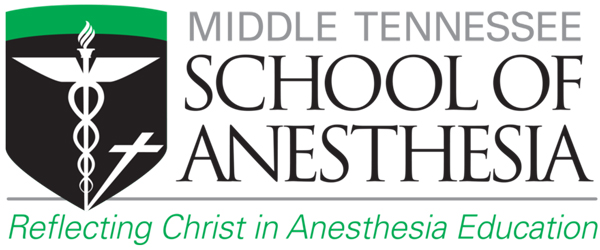Airways newsletter features
April 8, 2024
This issue of Airways features a Continuing Education insert entitled, “The Anesthesia Provider’s Role in Reducing Risk of Relapse in Surgical Patients with Substance Use Disorder,” by authors Jordan Frenz Billings, DNAP, CRNA, Michael Tennier, DNAP, CRNA, and Hallie Evans, DNP, CRNA.
TITLE:The Anesthesia Provider’s Role in Reducing Risk of Relapse in Surgical Patients with Substance Use Disorder
AUTHORS: Jordan Frenz Billings, DNAP, CRNA, Michael Tennier, DNAP, CRNA and Hallie Evans, DNP, CRNA
SYNOPSIS: Certified Registered Nurse Anesthetists face the challenge of administering anesthesia and managing perioperative pain in a growing population of patients with substance use disorders (SUDs) including Opioid Use Disorder (OUD), Alcohol Use Disorder (AUD), and addiction to illicit or prescription drugs.
A search of the literature was conducted. Fifteen articles met inclusion criteria for this review and were evaluated using the John Hopkins Research Evidence Appraisal Tool. The selection included 10 RCT’s, 2 opinion articles, 2 retrospective studies, and 1 systematic review. The studies consisted of 2,376 total participants.
Based on the findings of our literature review, anesthesia providers should continue with multimodal and regional anesthesia techniques in combination with stress-reduction techniques to eliminate the need for use of narcotics on patients in recovery whenever possible. This should be the standard of care and a good starting point once a patient in recovery has been identified.
Conclusions: Patients in recovery from SUDs have a high rate of relapse complicated by chronic pain and lower tolerance for pain. High levels of psychological distress can increase the risk of relapse. The perioperative period can increase the overall perception of stress and pain for patients in recovery undergoing surgery, increasing their risk for relapse. Anesthesia providers must be educated and equipped with the appropriate tools to identify and intervene on behalf of patients and function as advocates for patients in recovery.
In addition to the article, the following CE articles are available from previous Airways issues:
- The Role of Regional Anesthesia in Treatment of Phantom Limb Pain – CE expires 7/10/2026
- The Role of the Transnasal Sphenopalatine Ganglion Block in the Management of Postdural Puncture Headaches – CE expires 10/31/2025
- Ultrasound Guided Fascial Plane Block for Rib Fracture Pain – CE expires 6/30/2025
To access these CE articles, please visit mtsa.edu/ce








